

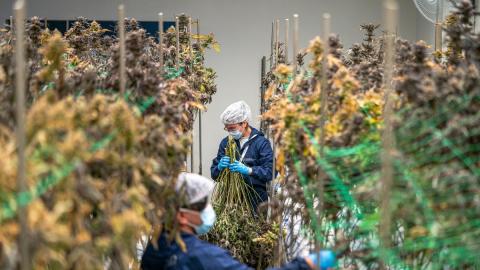
Partnering with the cannabis industry to keep workers safe
The U.S. legal cannabis industry is growing fast – it now supports more than 425,000 full-time equivalent jobs, while retail sales hit a record $30.1 billion
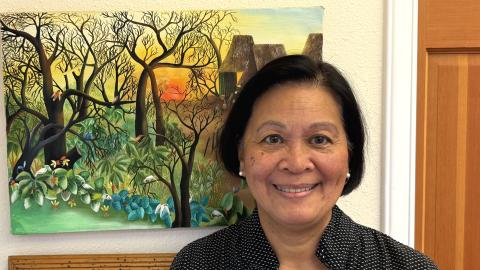
Engaging with “the Mayor of Beacon Hill”
Maria Batayola brings community perspective to EDGE research
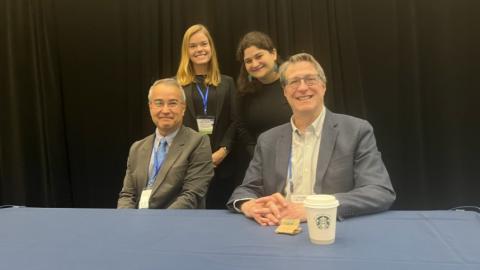
EDGE representatives attend Environmental Health Sciences Core Centers conference in Kentucky
The EDGE Center was well represented at the 2025 annual meeting of the National Institute of Environmental Health Sciences Environmental Health Science Core Centers
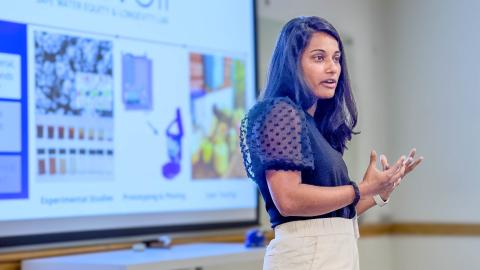
Removing lead from school drinking water
Katya Cherukumilli is using EDGE pilot funds to better understand why Washington school districts aren’t applying for funds to remediate lead in their drinking water.
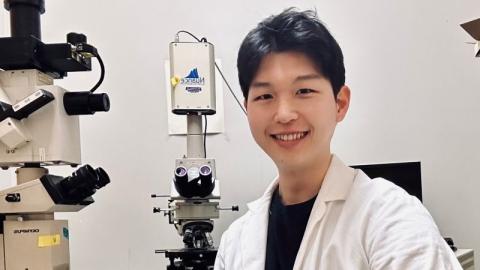
Environmental exposures, the gut microbiome, and metabolic health
Joe Lim explores how exposure to toxicants during early development can contribute to disease development in adulthood
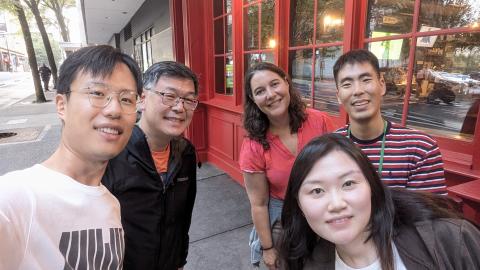
Many EDGE researchers present at the 2025 ISES/ISEE conference in Atlanta
EDGE research was well-represented at the 2025 Joint Annual Meeting of the International Society of Exposure Science and the International Society for Environmental Epidemiology in Atlanta.
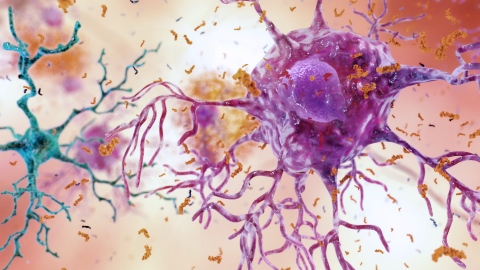
Better understanding Alzheimer’s disease risk by creating a model of interacting brain vulnerabilities
Shelly Erickson is studying how air pollution exposure and aging interact to affect traumatic brain injury, a risk factor for Alzheimer's disease.
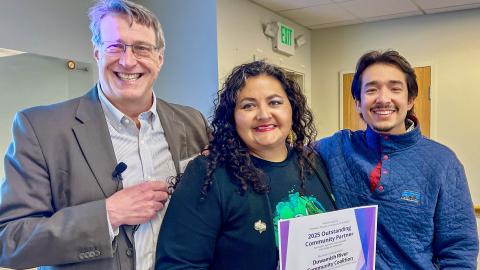
2025 EDGE Symposium brings together researchers and community
Over sixty people from across UW and Seattle participated in the one-day event.
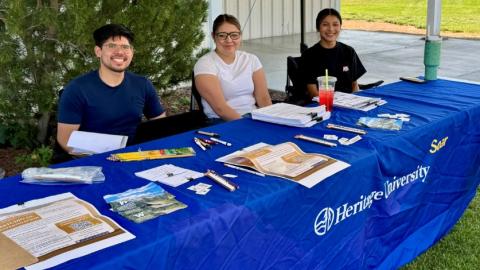
Protecting families from wildfire smoke
Team seeks to understand the perspectives of Yakima Valley families on the health risks of wildfire smoke
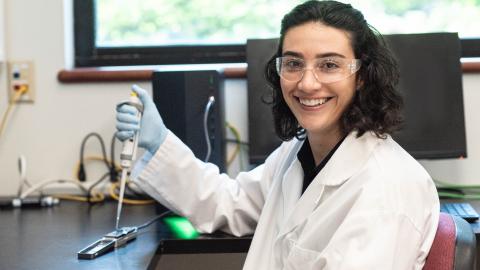
Taking a metagenomic approach to antimicrobial resistance
Erica Fuhrmeister takes a comprehensive look at the role of environmental factors in the development of antimicrobial resistance
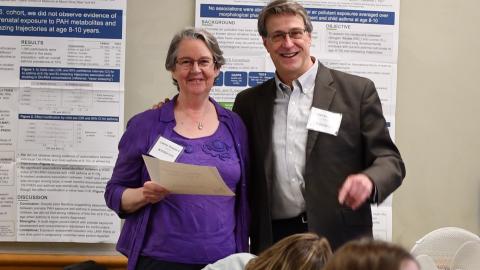
Join us for the 2025 EDGE Symposium: Environmental Health Sciences in a Changing Environment
The 2025 EDGE Symposium will be held on June 4th.
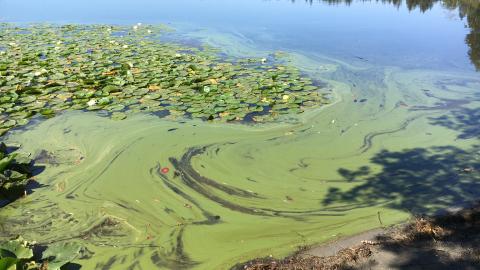
EDGE awards pilot grants to four new research projects
The 2025 awardees will apply diverse approaches to environmental health from toxicology, omics, and epidemiology to environmental engineering.
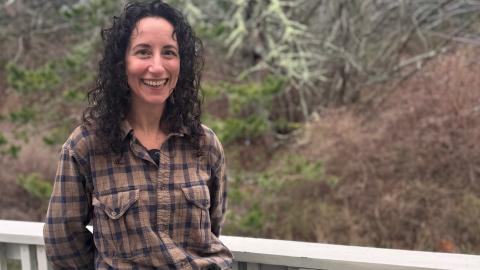
Welcome Jamie Donatuto–EDGE’s New Co-Director of Community Engagement
Jamie Donatuto, a new clinical associate professor in the University of Washington Department of Environmental and Occupational Health Sciences, began co-directing community engagement for the EDGE Center on March 1, 2025.
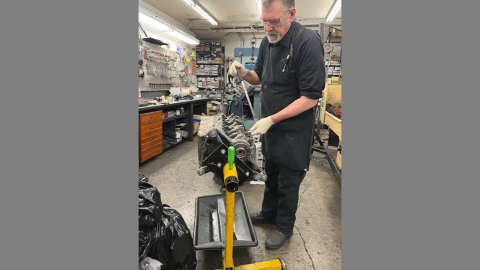
Shifting Gears: Safer Solutions for Auto Shop Cleaning
By replacing traditional degreasers with safer approaches businesses can protect workers and reduce harmful chemicals in the environment.
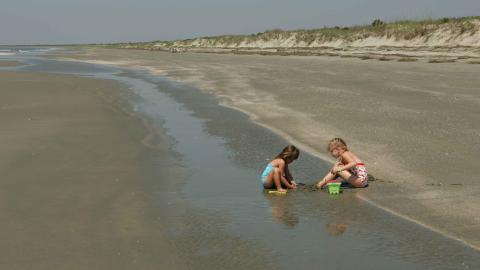
New center helps ready Northwest communities for disasters and public health emergencies
Northwest Center for Evidence-Based Public Health Emergency Preparedness and Response launches with funding from U.S. Centers for Disease Control and Prevention
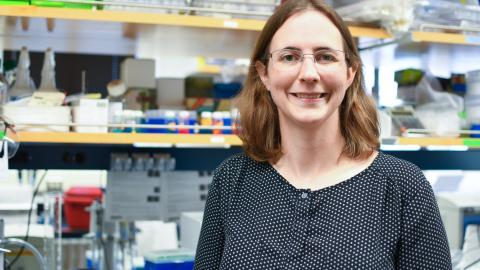
EDGE Pilot Grant Seeds Groundbreaking Biochemical Research
Ashleigh Theberge was recently admitted to the prestigious Schmidt Sciences Polymath Program based in part on innovative work supported by an EDGE pilot grant
Introducing HomeRNA
An EDGE pilot grant supported the development of an innovative approach to blood collection that represents a new paradigm for research
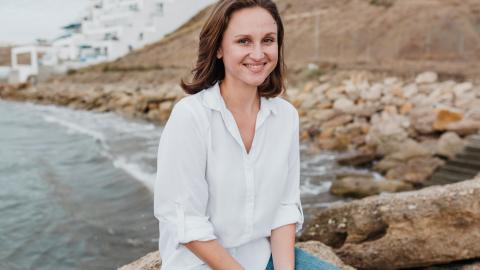
Maja Jeranko helps lead a new project to engage community in climate resilience planning for the Duwamish Valley
An interdisciplinary team with strong ties to community will help South Park, Seattle build its capacity for climate resilience
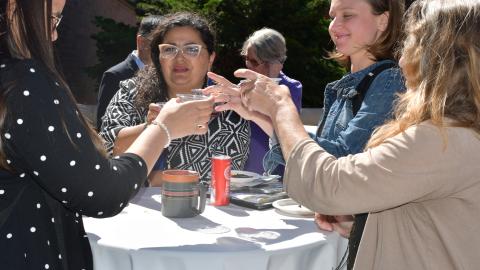
2024 EDGE Symposium packs the house
In June, the UW Interdisciplinary Center for Exposures, Diseases, Genomics & Environment (EDGE) hosted more than 60 people for its annual symposium showcasing EDGE science and community engagement.
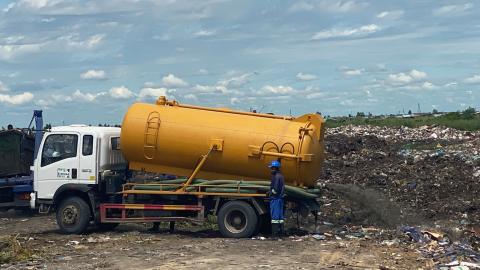
EDGE Center awards four new pilot projects for 2024
Four new pilot projects will address emerging environmental health issues that contribute to diseases of public health importance.
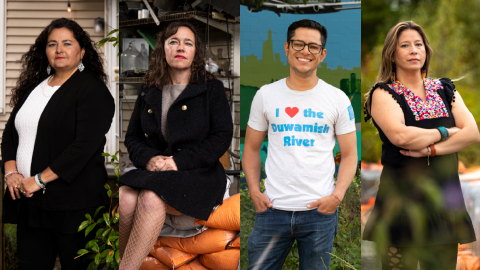
Resilience on Seattle's Waterfront
We went door to door, asking people in Seattle's Duwamish Valley what they thought about community resilience. This is what we found.

Reducing Aviation’s Harmful Impact on Environmental Health and Justice
A symposium to be held May 1-3 will bring together people from wide-ranging sectors to address the problems of aircraft noise and emissions.
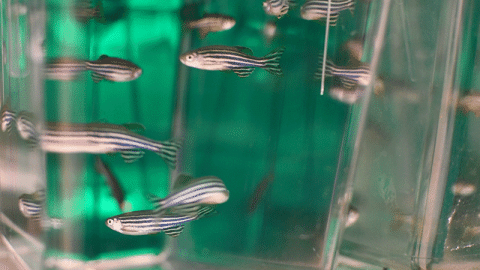
Five research projects funded through EDGE pilot program
The EDGE Center supports five new projects spanning a range of disciplines and approaches aimed at improving our understanding of environmental health.
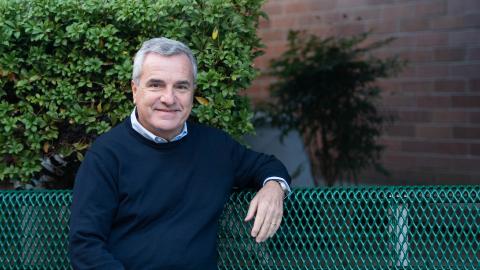
Unraveling how chemicals affect our brains
DEOHS Professor Lucio Costa retires after 39 years at the UW and a research career focused on the links between diseases and exposure to pesticides, air pollution and other chemicals
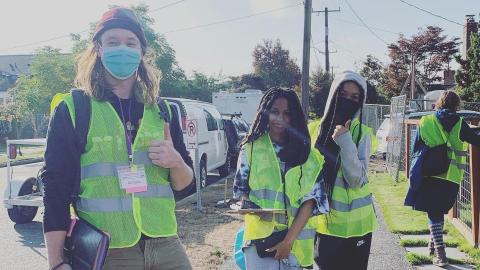
Empowering youth to seek climate solutions in their communities
DEOHS and Duwamish River Community Coalition join new program engaging Latino and Indigenous youth in community climate impacts
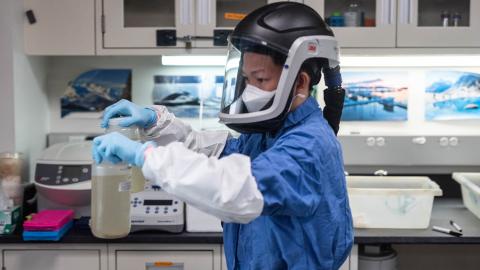
New report urges US investment in wastewater disease surveillance
DEOHS Professor Scott Meschke and coauthors recommend national wastewater surveying system to detect disease outbreaks in new National Academies report

How public health can make a difference in how we feel at work
DEOHS Assistant Professor Marissa Baker shares how she collaborates with communities to create safer workplaces and bring her research into practice
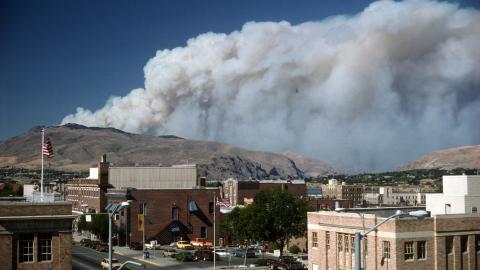
6 ways communities can prepare for wildfire season
As smoke season continues in Washington, a new report outlines the best ways to communicate health and safety risks
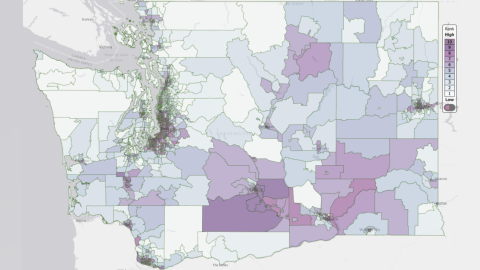
New data pinpoints pollution’s health risks
Popular map developed by DEOHS and our partners to explore environmental health disparities, vulnerabilities in Washington gets an update

Can pets get monkeypox?
UW Center for One Health Research launches new study on monkeypox transmission between people and their pets